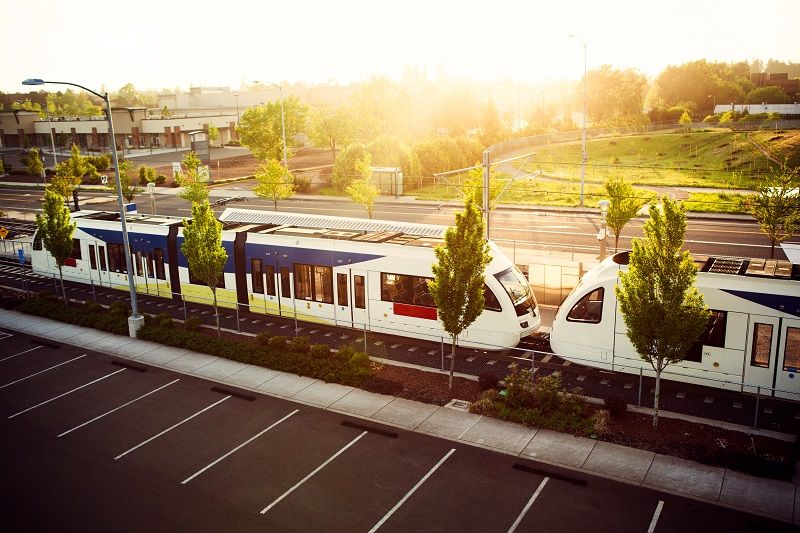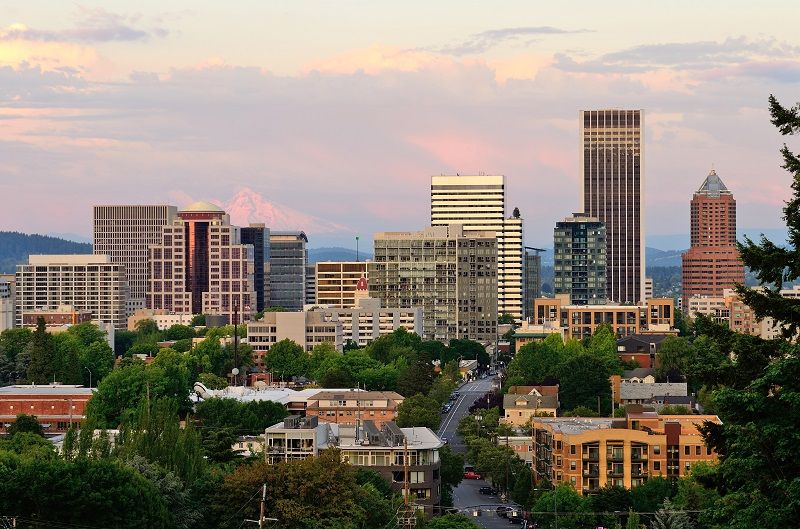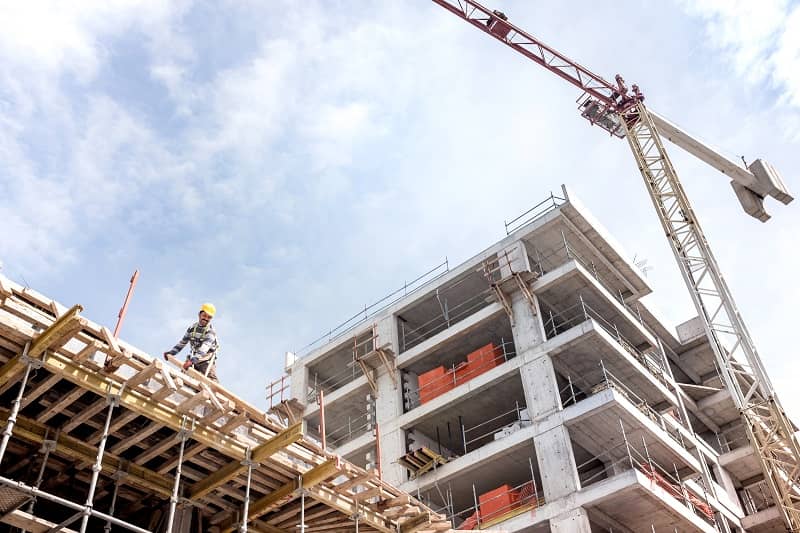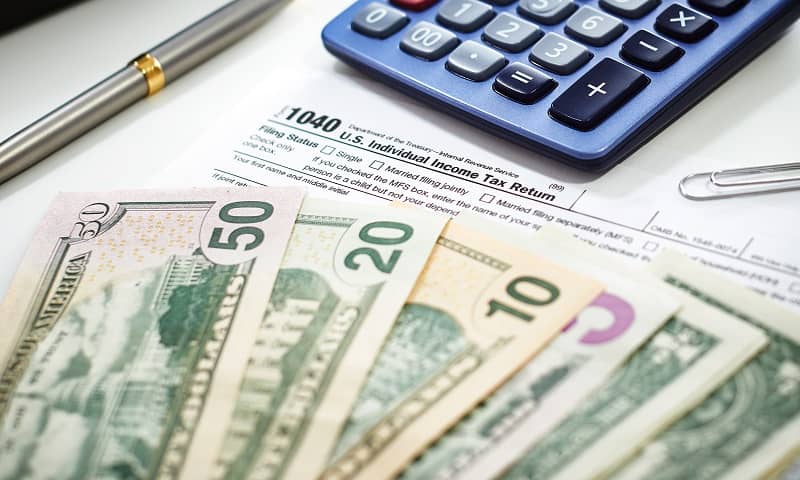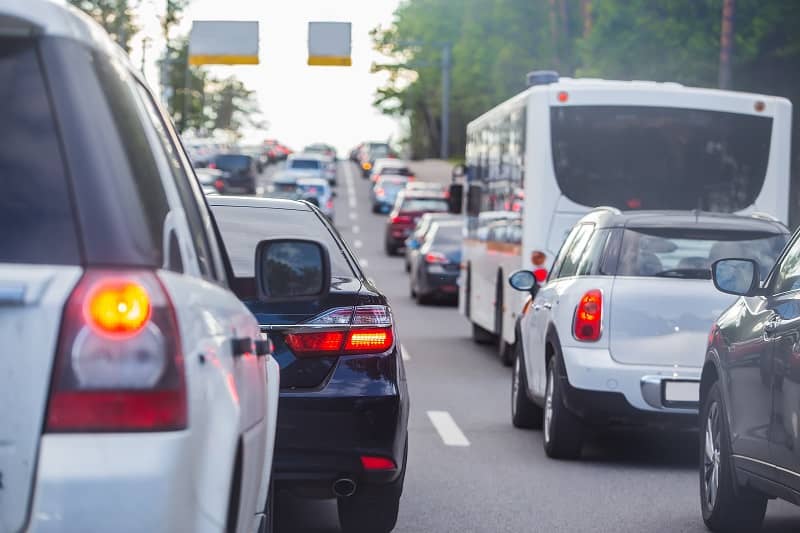Summary
The governor’s Task Force on Comprehensive Revenue Restructuring recently discussed imposing a tax on commercial parking spaces to raise revenue for Oregon’s highway transportation system. The argument was made that businesses, not consumers, would pay; but ultimately this is yet another hidden tax that likely will be passed along to consumers in the form of higher prices. If we want to tax shoppers, then we should tax them openly and not make business our hidden tax collector.
Word count: 704
As Oregonians wrestle with how both to maintain and expand our highway transportation system, the debate over new funding sources is heating up. Now, an old idea that never got any traction is once again coming to the fore.
Fifteen years ago, Portland’s regional public transit system, Tri-Met, considered imposing a tax on commercial parking spaces. At the time, the Portland region had about 700,000 asphalt parking spaces at malls and other commercial locations. Now, there are about one million such spaces.
Downtown developer and former Oregon Transportation Commission member John Russell thinks a statewide parking space tax makes sense now for several reasons. He sees such a tax as both “climate friendly” and a sprawl fighter.
Russell and I both were appointed by Governor Ted Kulongoski to the thirty-member Task Force on Comprehensive Revenue Restructuring, charged with making revenue reform recommendations to the next legislative session in 2009. At the March 13 task force meeting, Russell said that retailers currently have an incentive to locate at or beyond the edge of urban areas because land is cheaper there. A parking space tax will raise the cost of such decisions, possibly encouraging retailers to locate closer in where they may need to provide fewer parking spaces because of public transit options. Fewer auto miles driven translate, he believes, into a “climate friendly” policy.
Russell argued that raising the gasoline tax is not a politically viable transportation solution because it is politically unpopular. The parking space tax, on the other hand, will be invisible to shoppers since it will be imposed on retailers, not shoppers. He believes this has the political benefit of taxing people who often aren’t voters, apparently recognizing that retail owners might be out-of-staters.
After his presentation, a task force member asked Russell if such a tax might make shoppers mad. He responded no, since it would be invisible to them. Shoppers wouldn’t be asked to pay it, he continued; the retailers would pay.
I then asked Russell if such a proposal wouldn’t violate a key principle of what is widely seen as good tax policy, namely that taxes should be transparent. Shouldn’t shoppers know they’re being taxed to park at a mall? Russell responded that it would be difficult to make all the taxes buried in the price of consumer goods transparent. I agreed that doing so might be difficult; but given that he’s proposing a new tax, shouldn’t we start here and at least make sure that this one is transparent?
I reminded task force members that businesses don’t pay taxes. They simply pass taxes on to various individuals, and we often don’t know who exactly bears the burden. In the case of a new parking space tax, retailers might pass their increased costs on to shoppers in the form of higher prices or to employees in the form of lower wages. In either case, shoppers and/or employees likely would blame the retailers instead of understanding that those costs were actually imposed upon them by government tax policy.
I concluded my remarks by explaining that transparency requires us to be honest about whom we want to tax. If we want to tax shoppers, then we should tax them openly and not make business our hidden tax collector. That ended the task force discussion on this issue, but it may have been just the beginning of a larger discussion about how we ensure transparency in any tax reform proposals.
If a tax is hidden from those who ultimately pay it, people can’t evaluate either its costs or benefits to themselves or others. A hidden tax also can be easily raised, without those who feel the impact even knowing what happened.
The more that taxes are invisible to those who ultimately pay them, the more likely taxpayers will view the entire tax system as unfair. Unless we want to fool citizens about who actually pays which taxes, we need to make transparency a key feature of any tax proposal. Otherwise, we do a disservice to the very taxpayers government is meant to serve.
The parking space tax discussion begins 2 hours and 16 minutes into the three-hour meeting.
Attention editors and producers:
Cascade Commentaries are provided for reprint in newspapers and other publications, with credit given to author(s) and Cascade. Contact Cascade to arrange print or broadcast interviews on this commentary topic.
Electronic text files are available online at www.cascadepolicy.org.
Please contact:
Nancy Wheaton
Cascade Policy Institute
4850 SW Scholls Ferry Rd.
Suite 103
Portland, Oregon 97225
Phone: (503) 242-0900
Fax: (503) 242-3822
www.cascadepolicy.org
info@cascadepolicy.org
Cascade Policy Institute is a tax-exempt educational organization as defined under IRS code 501(c)(3). Nothing appearing in this Cascade Commentary is to be construed as necessarily representing the views of Cascade or its donors, or as an attempt to aid or hinder the passage of any bill before any legislative body. The views expressed herein are the author’s own.







